Logline
In the bustling streets of downtown Philadelphia, James and Erin miss their last train home, plunging them into a high-stakes journey through the city’s maze, where every wrong turn could mean losing their way—and each other.
Synopsis
James visits his crush, Erin, to support her in her school concert. He arrives at the concert late and is consequently denied access to the show. Devastated, James sits outside the doors until the concert is over.
After the show, James meets Erin in the lobby. When she asks him if he enjoyed the show, he lies, as he doesn’t want to make things worse. They wait for a bus to take them to the train station, but nothing seems to be coming. Nonetheless, they keep walking. As they converse, it’s clear James likes her but isn’t sure she feels the same way.
They arrive at the train station only to find that all the trains have left. With few options, James suggests they take the subway to Erin’s house. Erin initially objects, but James promises to keep her safe. On the subway, James and Erin read the show program together. When Erin mentions one of the pieces she sang, James slips up and reveals he missed the show. Erin gets up and sits by herself until they get off at the last stop. James tries to win her back, but she remains closed off. Finally, as they’re walking back to her house, Erin asks James if he was being genuine with her the whole time. He admits he meant everything he said and they make up with a kiss on her doorstep.
Trailer
Director's Note
This story holds a special place in my heart because it reflects two significant experiences that have shaped my relationships today. The first was when I attended a concert for my then-girlfriend. I drove over with her family, but we arrived late and ended up watching the show on screens outside the auditorium. We didn’t tell her what happened, fearing it would ruin her night. We got ice cream after the show, but it wasn’t long before our car got towed. We ran around the city to find a safe place to wait for her mother to return with the car. It was stressful, but I took it as an opportunity to stay calm and prove I could be a reliable partner. When her mother returned, she told her we missed part of the show. She was okay with it, but it made me think about what would’ve happened if she hadn’t.
The second was when we attended a free Philadelphia Orchestra concert celebrating Pride Month. After the show, we walked back to the station, expecting to part ways once we arrived. Once we got there, the last train had left, leaving us with no other option but the subway. I was just as nervous as she was, but as before, I knew if I wanted her to like me, I had to prove I was a calm, dependable person. My Dad picked us up from the station and took us back to my house. We ate homemade pizza on the back deck under the stars. We leaned on each other and that was when I knew I loved her. Sadly, because of our jobs, we could barely make time for each other and eventually broke up. Despite the outcome, I always knew it would give me a great story to tell.
I enjoy exploring the nuances of relationships, romantic or otherwise, and how we often get in each other’s way. Erin, although seeming uptight, initially wants James to judge her. She’s very privileged in how she reacts to certain things and is pushed out of her comfort zone. But as the night progresses, she becomes more emotionally flexible and open to change. Although the film follows James, Erin is the true protagonist as she’s the only one who truly changes. We’ve all been in Erin’s shoes, bearing down on ourselves and others because we often expect too much.
This story reflects two defining moments from a past relationship. The first, a chaotic concert night, tested my composure and commitment. The second, a simple train delay, solidified my feelings of love and care. Although the relationship didn't last, these experiences shaped my understanding of partnership and the importance of reliability and emotional support.
Meet The Cast
Sean McClendon, "James"
Sean is studying acting at Temple University where he has worked with members of the comedy sketch show "Temple Smash." This is his second collaboration with writer/director Emmanuel Day Beatty.
Belle Martorano, "Erin"
Belle began her acting career at a young age, starring in community and school theater productions throughout middle and high school. As of now, she is completing her degree at Drexel University's Entertainment and Arts Management (EAM) program.
Meet the Crew
Emmanuel Day Beatty is a dynamic filmmaker dedicated to telling deeply personal, yet relatable stories that keep cultural representation at the forefront.
A graduating senior majoring in TV/Film at DeSales University, Emmanuel has honed his craft through rigorous coursework and hands-on production experience. He also holds a minor in Psychology, which he uses to craft better characters.
As a filmmaker, Emmanuel incorporates experimental techniques like stop-motion animation and visual effects to tell original stories like "The Six-Word Memoirs" and "It Ain't Fair" that showcase his unique ability to weave authenticity into his narratives.
He aims to continue telling impactful stories and is always seeking opportunities to collaborate on projects that amplify underrepresented voices in film and television.
Ricky Prosper Vazquez, Director of Photography
Ricky Prosper Jr. is a budding filmmaker with a passion for storytelling through striking visuals. With a background in design and creative direction, Ricky brings a unique eye for composition and detail to his work. He made his filmmaking debut with the music video "Take a Look at Me Now for 3dspacecadet and was excited to serve as Director of Photography for "Broad Street Line."
Noah Eisenstein, Sound Mixer/Boom Operator
Noah is an actor and filmmaker currently studying at NYU Tisch School of the Arts. He is grateful to have worked on "Broad Street Line" with Manny and the incredible Beatty family.
Cheo Mangum, Production Assistant
Cheo Mangum is a sophomore at the Philadelphia High School for the Creative and Performing Arts (CAPA). He is deeply interested in digital media production, as well as music performance and production.
Behind-the-Scenes
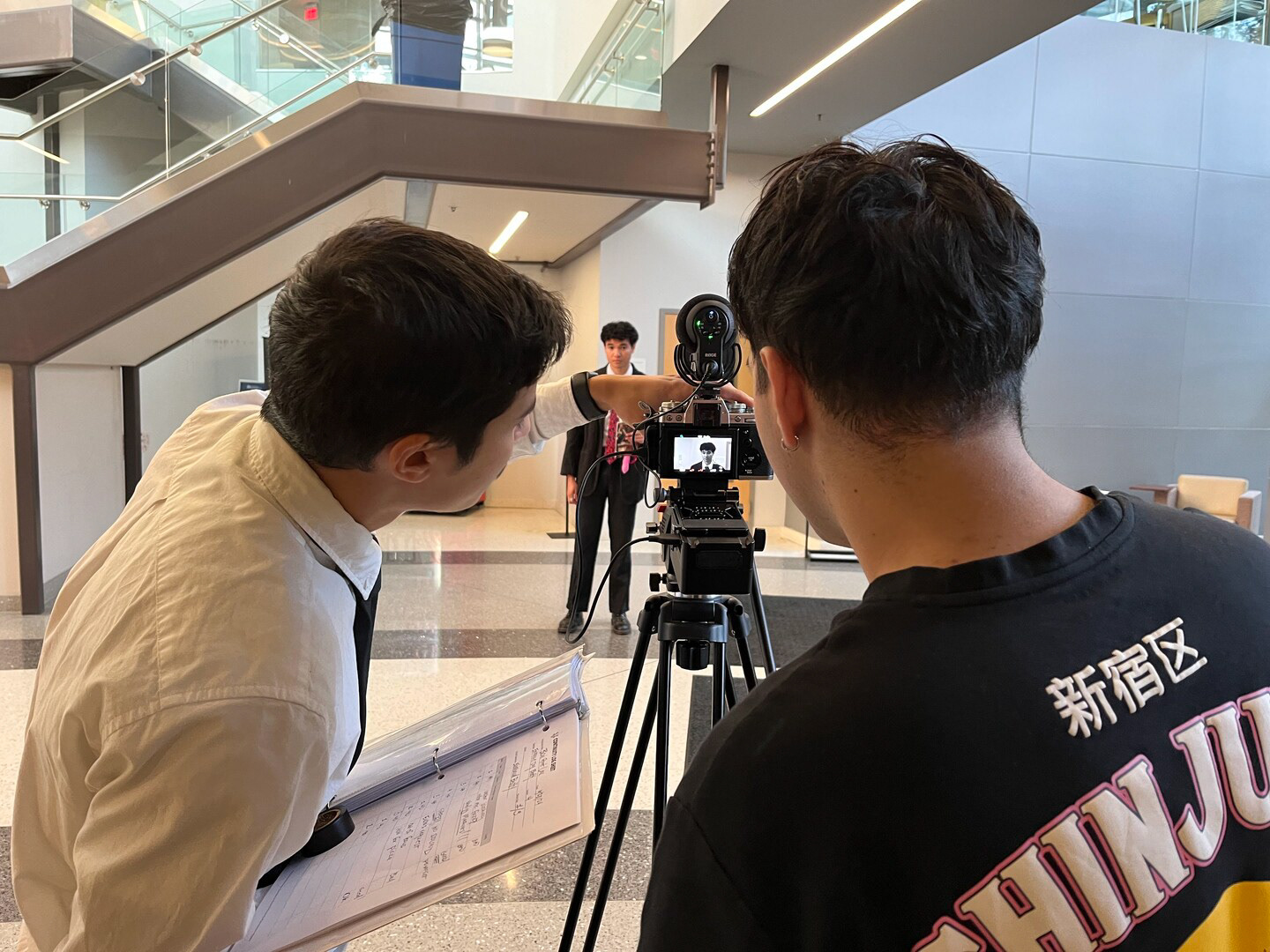
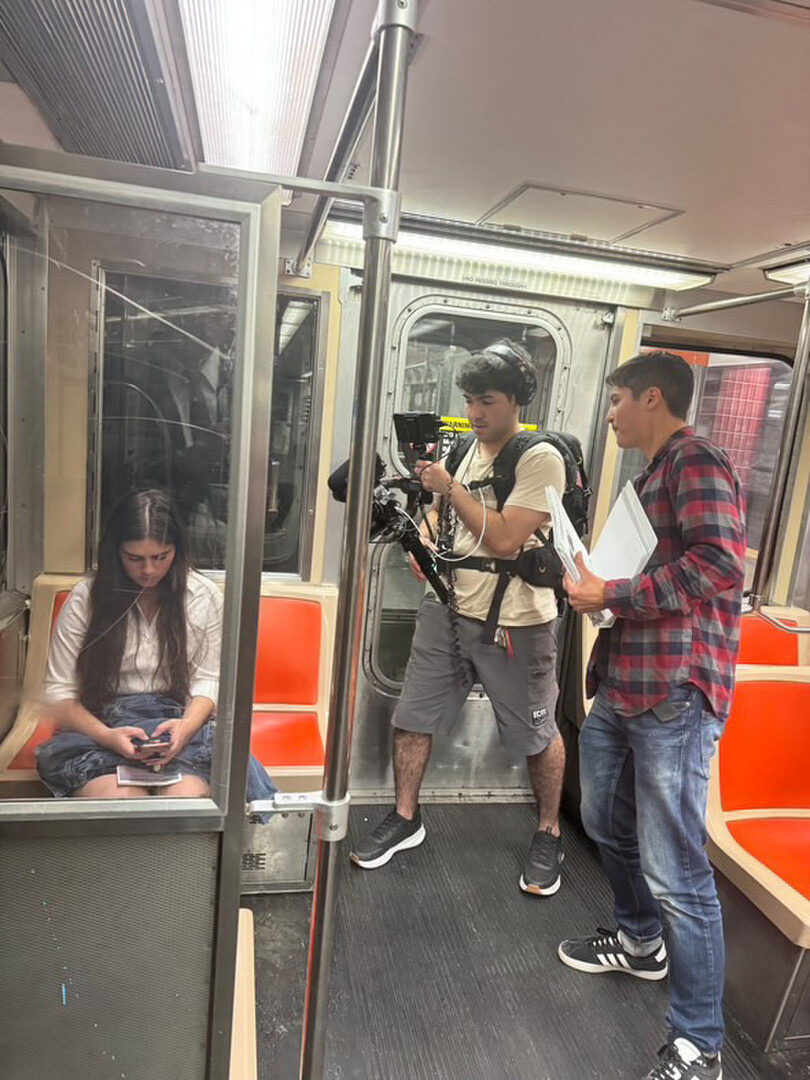
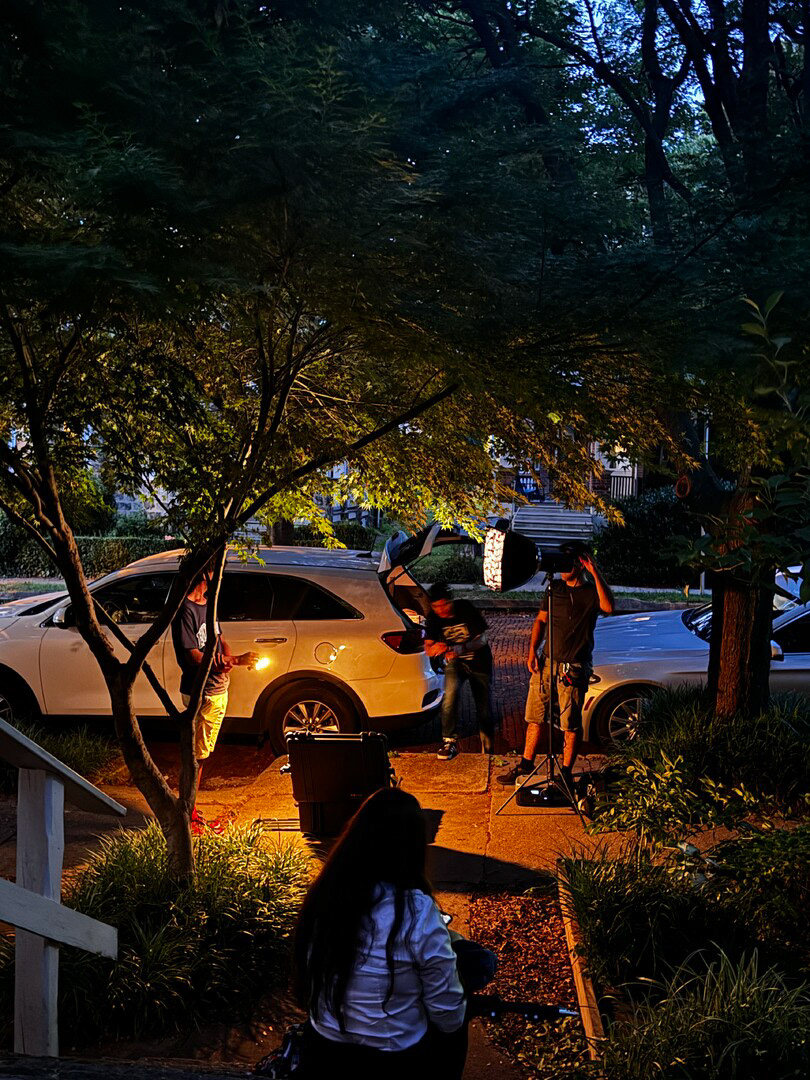
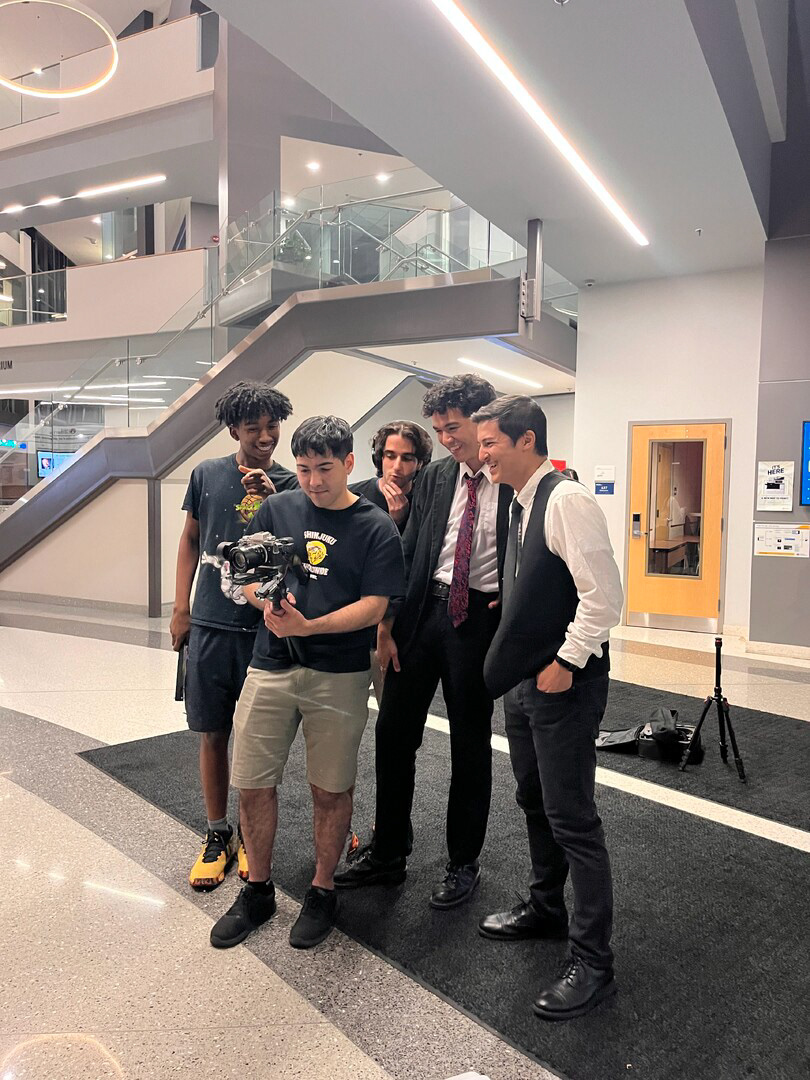
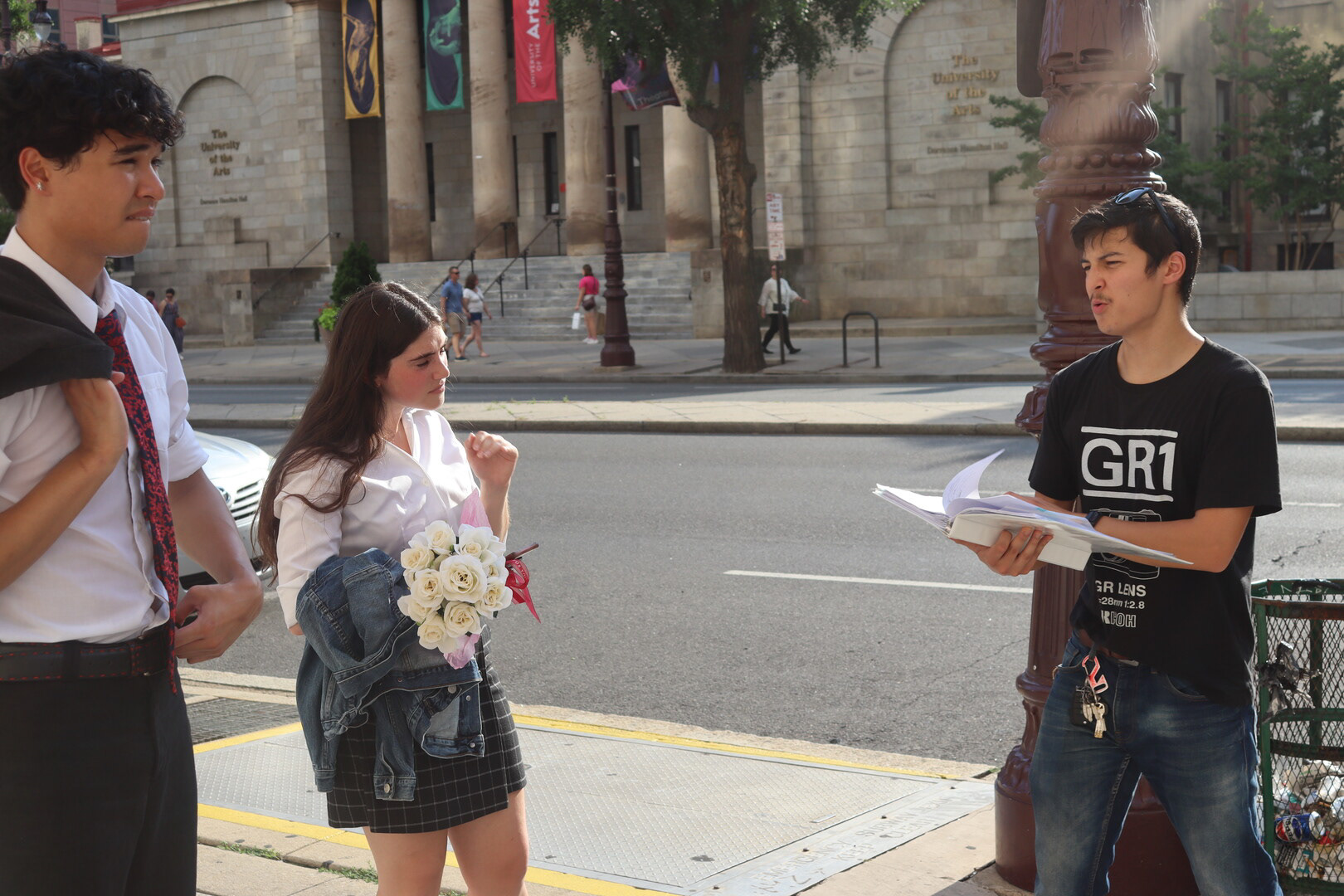
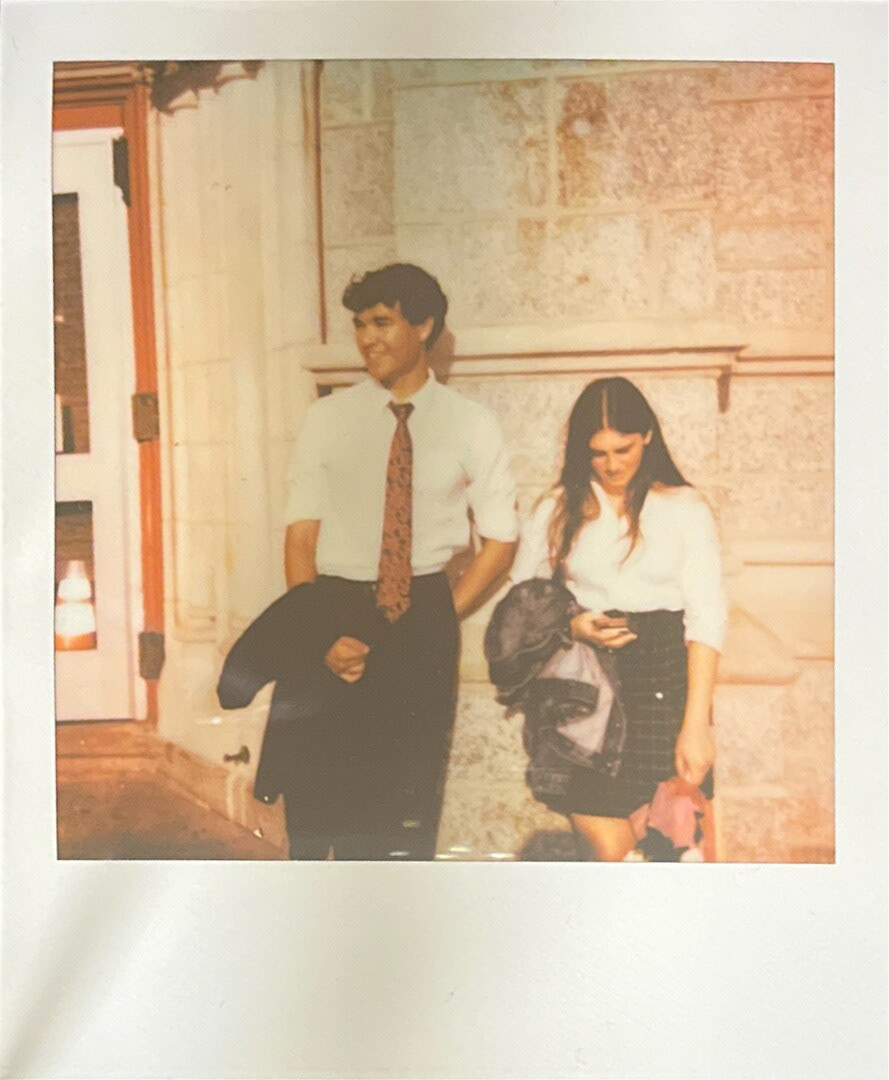
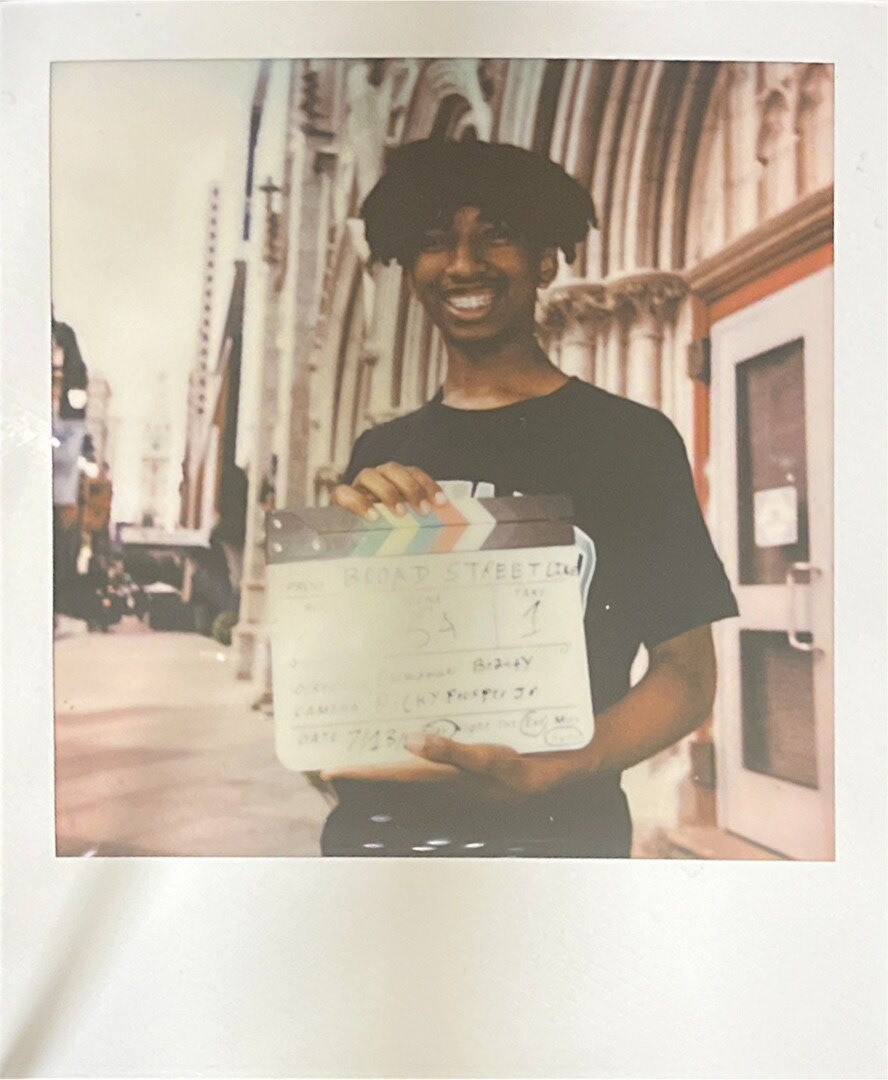
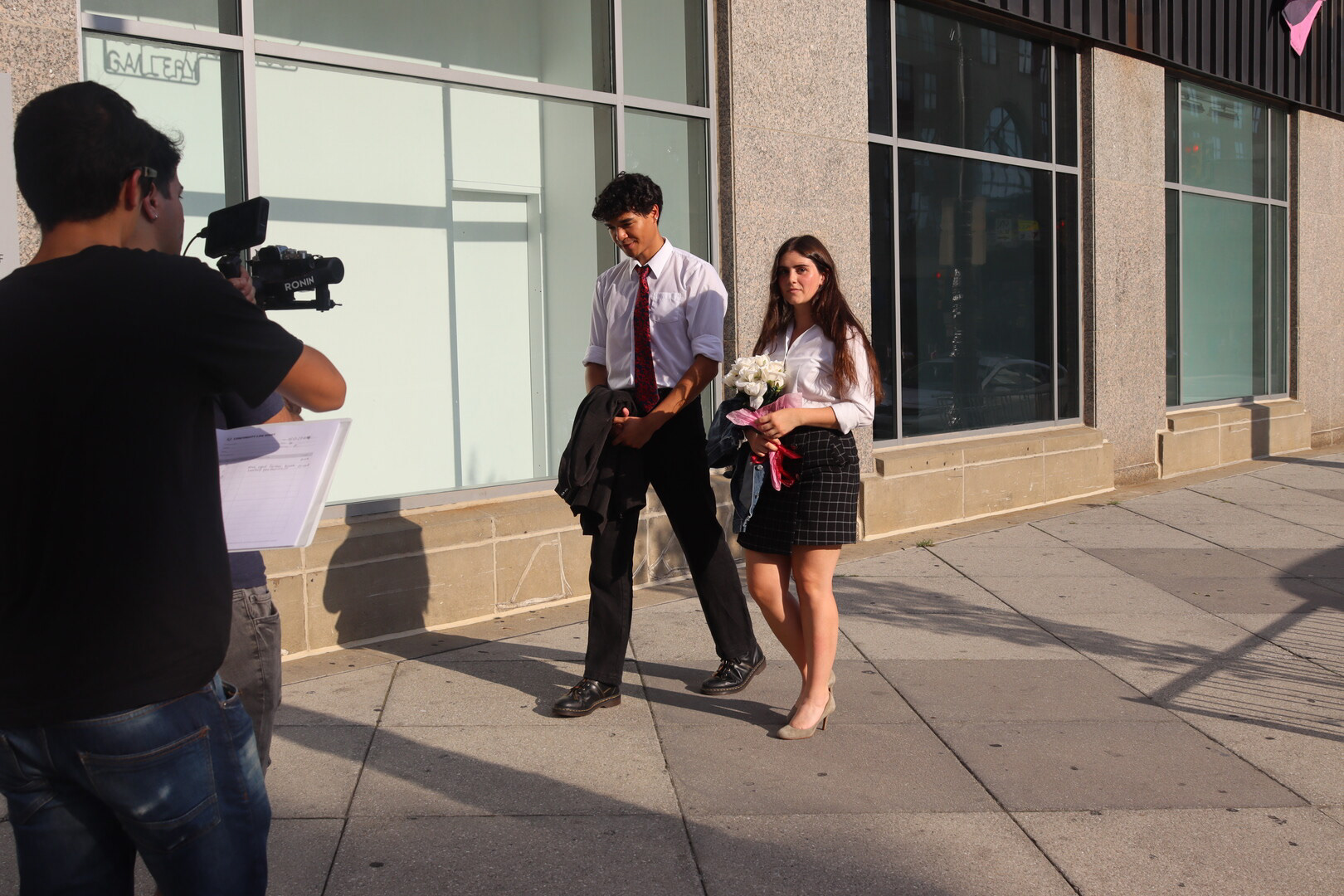
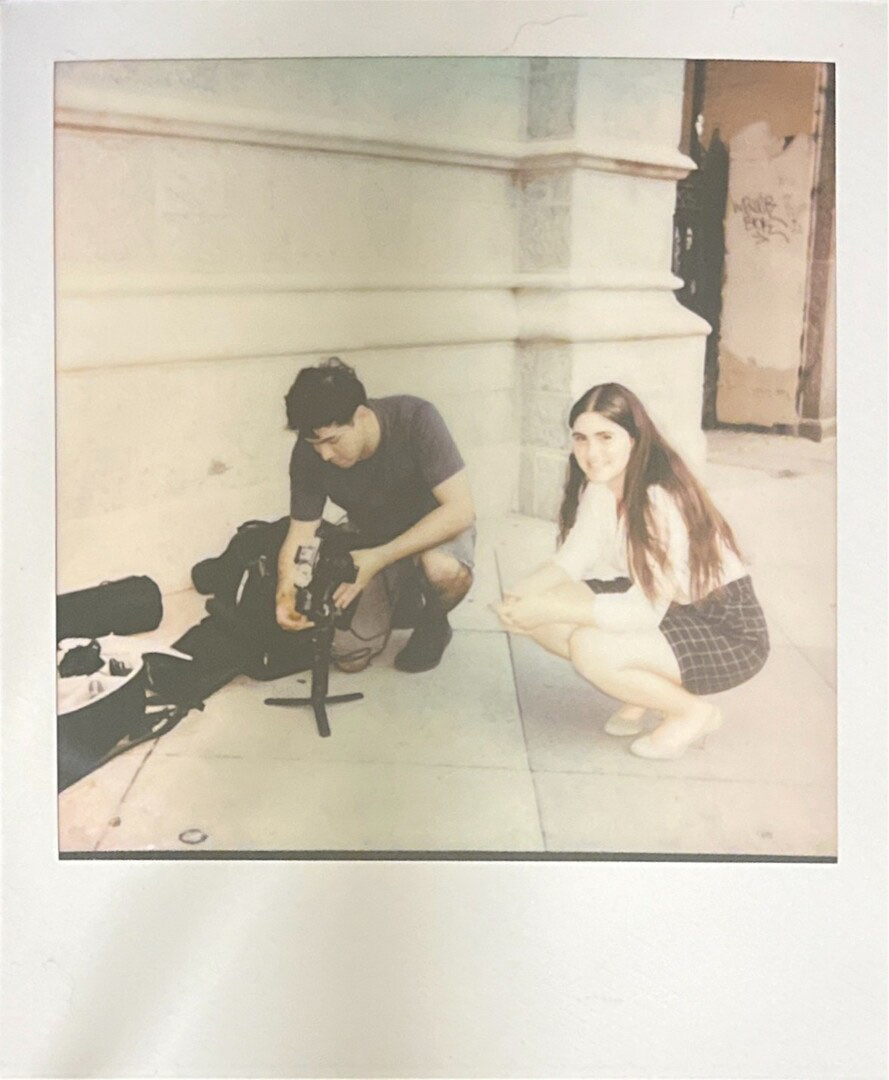
Blooper Reel
Press Kit